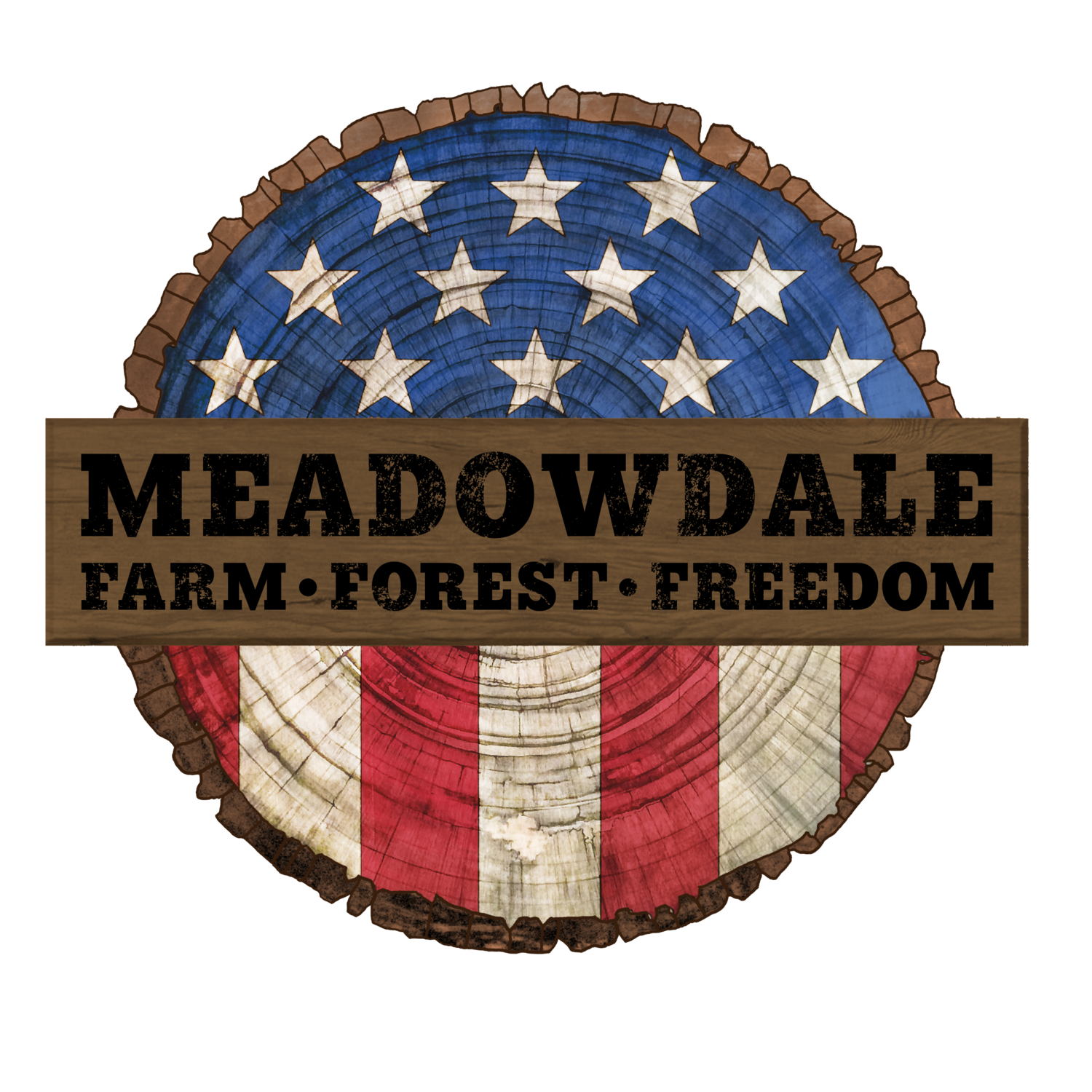There’s a growing interest in eggs from chickens raised on corn- and soy-free diets. At our farm, we’re always listening to our customers and open to exploring new ideas. While we currently use Non-GMO corn and soy in our feed, we want to share why this choice works well for our chickens, how it fits into global food traditions, and what it would take to make corn- and soy-free eggs a reality on our farm.
Corn and Soy: A History of Nourishment
Corn and soy often get a bad rap in modern conversations about food, but these crops have been essential to human and animal diets for centuries.
Corn: First domesticated by Indigenous peoples of the Americas, corn has been a staple crop for thousands of years. It’s a powerhouse of energy and forms the backbone of cuisines from tortillas in Mexico to polenta in Italy.
Soy: Originating in East Asia, soy has been a dietary cornerstone for cultures in China, Japan, and Korea for over 3,000 years, where it’s used in tofu, soy sauce, and miso.
These crops aren’t inherently “bad.” Like anything, it’s about how they’re used, prepared, the quantity consumed, and where they come from.
Why Chickens Can’t Be Grass-Fed
Unlike cows and sheep, which are ruminants with multi-chambered stomachs designed to digest grass, chickens are monogastric animals, meaning they have a single stomach. Their digestive system isn’t built to break down the cellulose in grass.
Chickens can and do eat some grass, especially when they’re on pasture, but it’s more of a supplemental snack than a primary source of nutrition. The bugs, seeds, and greens they forage help round out their diet, but chickens need a carefully balanced feed to meet their energy and protein requirements.
This is why terms like “grass-fed chicken” are misleading. Chickens simply can’t survive on grass alone—they rely on grains and other feed ingredients for the nutrients they need to lay eggs and stay healthy.
The Role of Expeller Pressed Oils in Our Feed
We’re proud to purchase our feed from Resaca Sun Products, which uses the expeller press method to produce high-quality, Non-GMO oils and meals for our feed. Here’s why this matters:
Expeller Press Extraction: This method uses friction and heavy pressure to extract oil from seeds like canola, soybean, and sunflower without using harmful chemicals. Unlike the more common chemical solvent extraction, which relies on hexane—a poisonous chemical—expeller pressing keeps things pure and simple. The result? Cleaner, more natural oils that are better for our birds and, ultimately, for you.
Local and Transparent: Resaca Sun Products sources seeds from farmers in Georgia, Tennessee, and Alabama. This commitment to local sourcing ensures transparency and supports regional agriculture.
The Challenges of Going Corn- and Soy-Free
While we’re open to raising chickens on a corn- and soy-free diet—or even a diet entirely free of seeds—there are real challenges to making this switch:
Higher Costs: Corn- and soy-free feed can cost two to three times more than standard feed.
Nutritional Complexity: Replacing corn and soy with alternative ingredients like fish meal, flax, or peas requires careful formulation to ensure the birds get everything they need.
Availability: Specialty ingredients aren’t always easy to source, especially in the consistent quantities required to feed a flock.
How to Make Corn- and Soy-Free Eggs Happen
We’d love to hear from customers interested in corn- and soy-free eggs. To make this sustainable, we’d need a group of committed buyers. If you’re ready to pay $15/dozen for eggs, we’d ask you to help us find at least ten other customers who would commit to a monthly subscription and prepay for their eggs.
The Bottom Line
At Meadowdale Farm, we’re committed to transparency and meeting the needs of our customers while staying true to what’s best for our animals and our land. Chickens aren’t grass-fed animals, and corn and soy remain some of the best feed ingredients available. However, we’re always open to exploring new possibilities for those who want something different.
If you’re passionate about corn- and soy-free eggs, or even seed-free options, reach out to us. Let’s work together to make it happen. Until then, you can trust that every egg we sell comes from hens that are well-fed, pasture-raised, and cared for by people you know.


